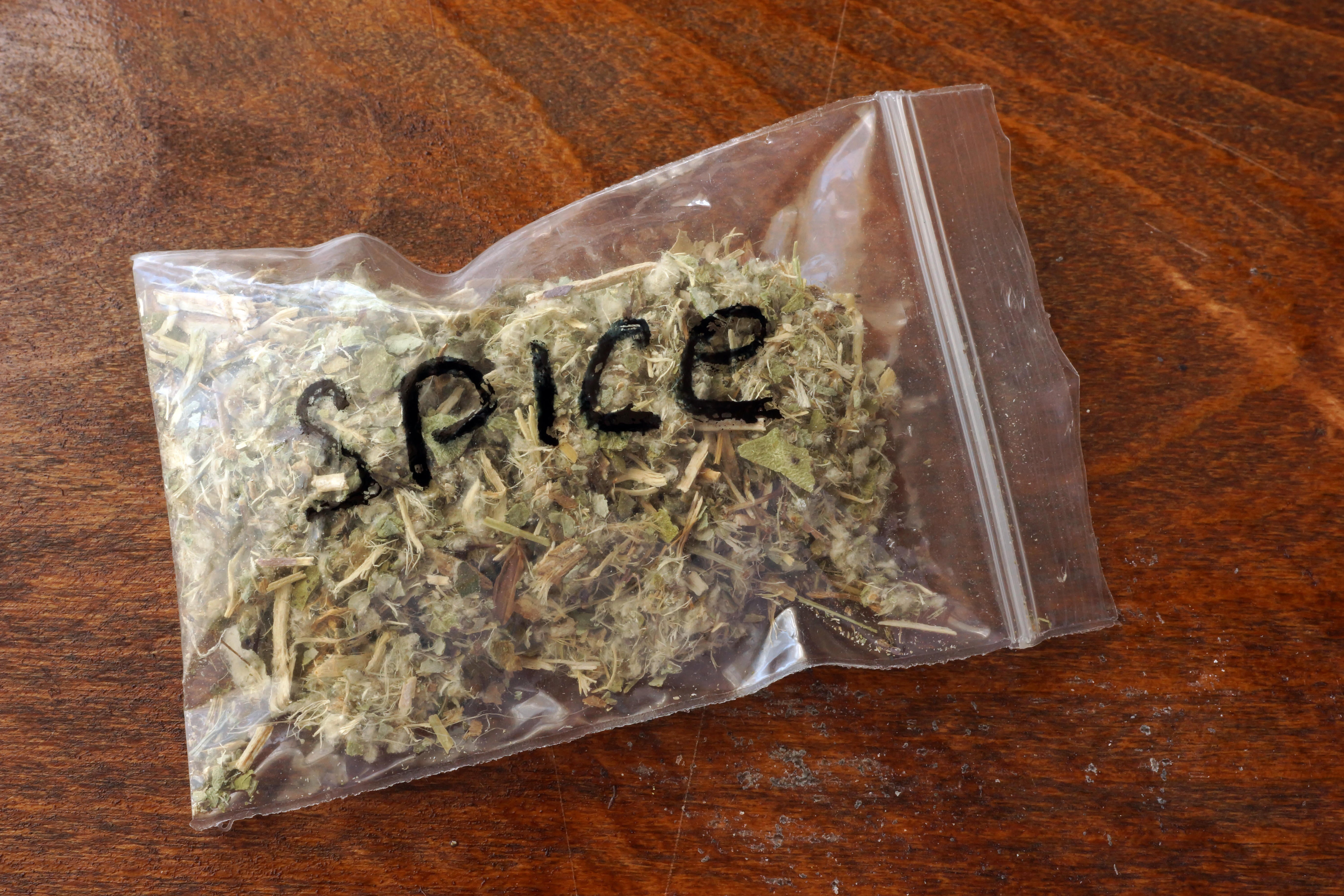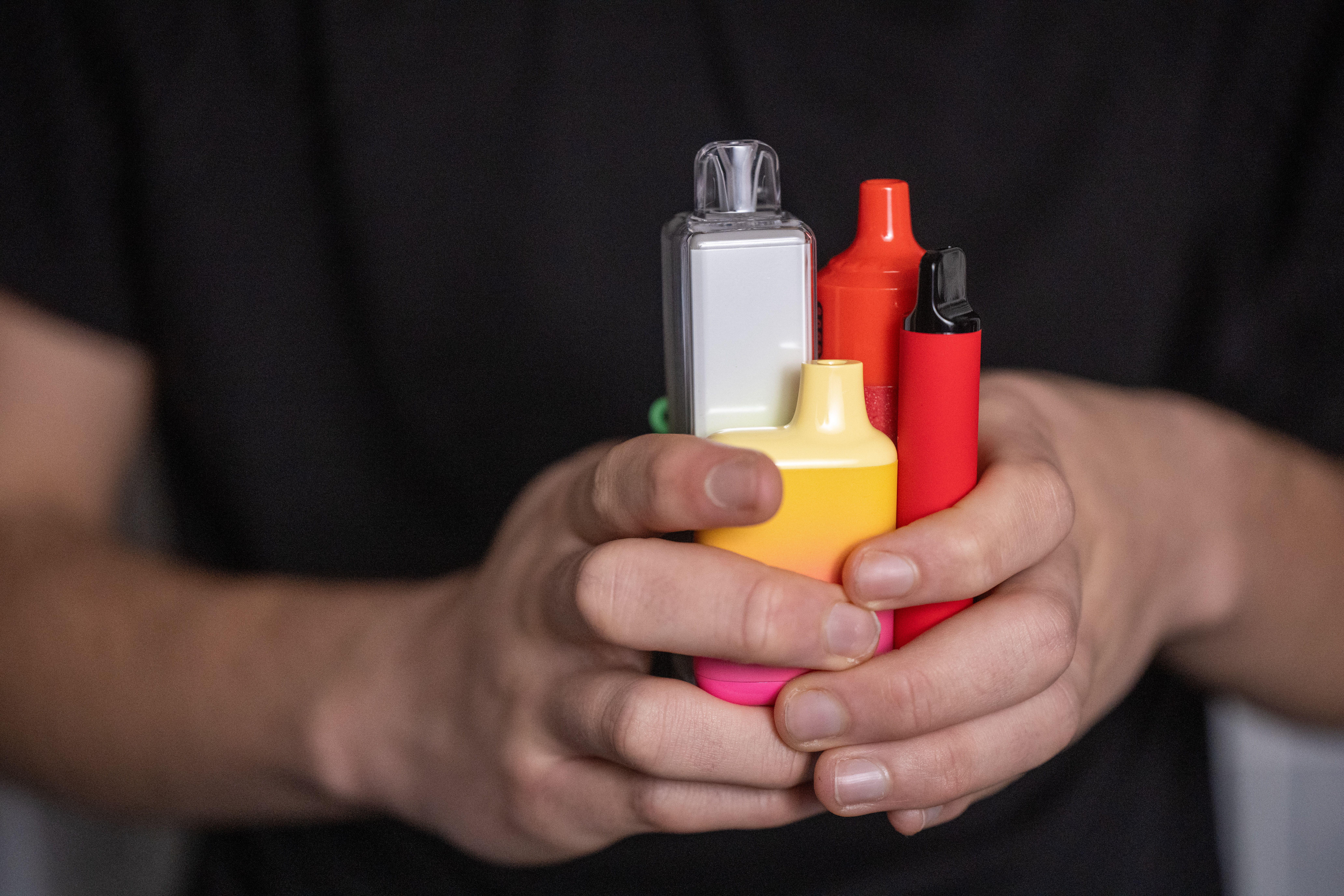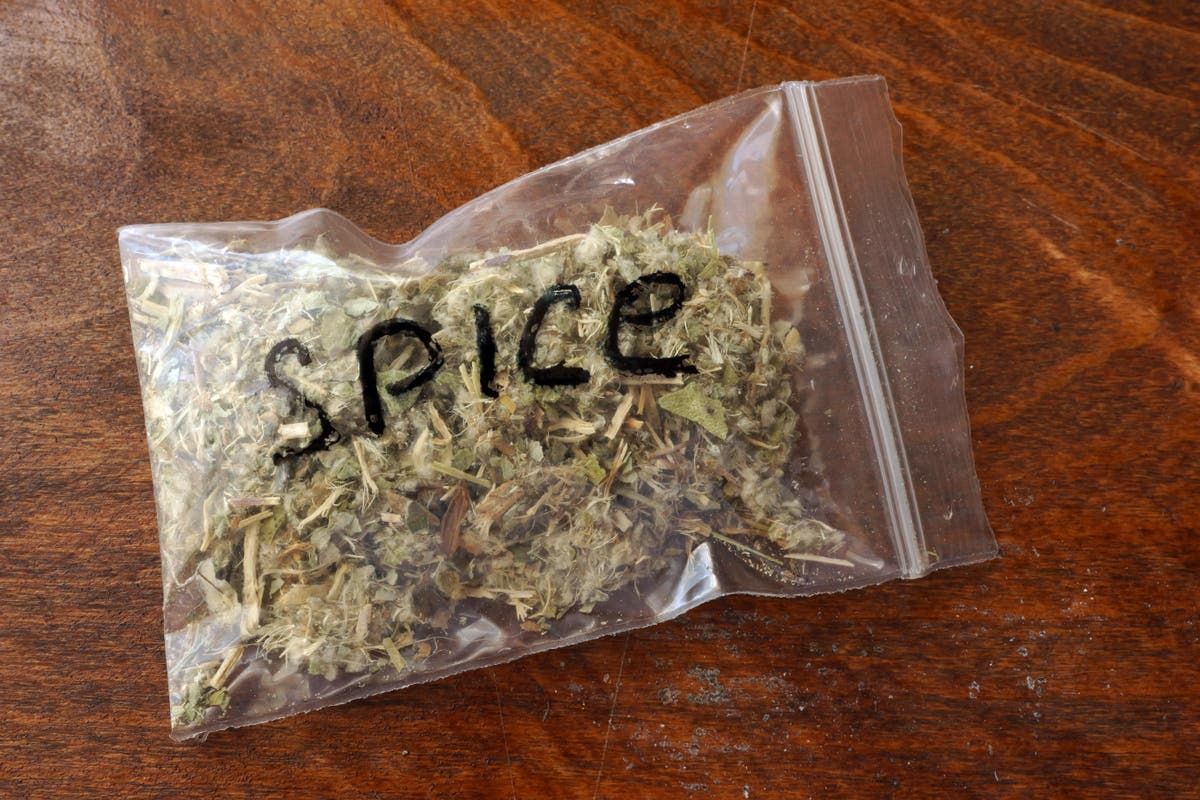Truly support
independent journalism
Our mission is to provide unbiased, fact-based reporting that holds the powerful to account and exposes the truth.
Whether it's $5 or $50, every contribution counts.
Support us in offering journalism without agenda.
Disposable vapes, with fruity flavours and eye-catching packaging, have attracted many young customers. But what many people don't know is that some of these products are laced with “Spice” – the nickname for a lab-made street drug that is illegal in the UK.
Research published earlier this summer, which analysed vapes confiscated from schools across England, found that 16.6% contained Spice.
“Synthetic cannabinoids, commonly known as ‘Spice’, are artificial drugs that are designed to act like the main psychoactive chemical in cannabis, but can have more intense effects,” says Andy Harp, associate medical director of drug, alcohol and mental health charity WithYou.
“It’s increasingly common to find Spice in vaporizers, edibles (e.g. gummies), and mixed with cannabis in herbal form,” Harp adds. “Spice can come in a variety of forms, such as liquid or powder, but it can also resemble a regular batch of cannabis or THC oil, making it easier to overuse and experience unpleasant and harmful effects.”

Spice is illegal in the UK and is classified as a Class B drug under the Misuse of Drugs Act 1971.
Nicotine-containing vape ingredients are regulated by the Tobacco and Related Products Regulations 2016 in the UK, but these regulations do not cover illegal THC products.
“There are regulatory controls on e-cigarettes and refill liquids that contain only nicotine and are purchased from trusted suppliers,” Harp explains. “However, it is important to note that there are many brands of e-cigarettes and vapes that can be purchased on the black market and may not be regulated.

“Also, because THC vapes are not legally sold in the UK, the ingredients used in them and their sale are not regulated,” Harp adds. “This means they may contain harmful ingredients, such as spices or other dangerous drugs.”
Identifying a spice vape can also be a challenge, as they typically don't look, smell, or taste any different than regular vapes.
What effects can Spice have?
This class B drug can be highly addictive and difficult to quit.
“Spice is highly addictive due to the body’s rapid tolerance to Spice and synthetic cannabinoids,” explains Dr Rachael Molitor, a chartered psychologist and lecturer at Coventry University specialising in procedural and behavioural addictions.
“Because of the dopamine surge, the unpredictable nature of the drug makes it difficult to gauge tolerance, meaning people may take more and more to get the same effect. This can quickly develop into dependence.”
The mental and physical effects of Spice can vary from user to user, but the drug is designed to mimic the effects of cannabis. “In the short term, some users may experience effects such as feeling giggly, sleepy or dizzy,” Harp says.
However, there have also been worrying reports of more serious side effects. “Spice can also cause extreme drowsiness, panic attacks, irregular heartbeat, seizures, and an inability to speak or move normally,” Harp warns. “Long-term use can contribute to the development of mental health disorders, such as paranoia, dissociation, and psychosis.”
Molitor adds: “Due to the period of brain maturation, adolescents are especially susceptible to risky behaviors, including drug use and vaping.
“With these challenges, mixing vapes with Spice may create a domino effect of vaping and drug use in the younger generation. It may also have effects on cognitive function, emotional regulation, and overall well-being.”
What should I do if I am worried that my child is addicted to Spice vapes?
If you suspect your child is addicted to Spice, it is essential to seek help and advice from a professional as soon as possible.
“If you are worried about your child, WithYou has a website for young people which will direct you to your local youth service, and you can speak to a trained counsellor confidentially using our free webchat service on our website,” advises Harp. “If your child is unwell, seek urgent help through your GP or hospital.”












